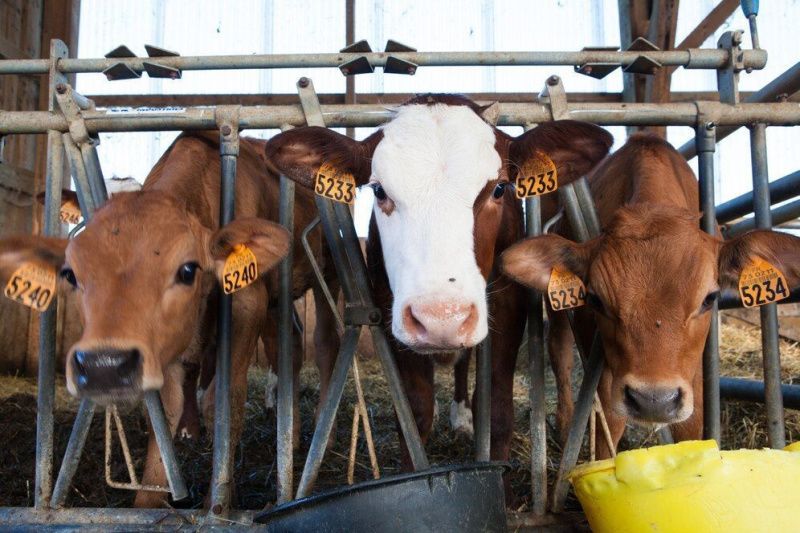10% of Dairy Farms Closed: Challenges Facing the Argentine Dairy Industry

Dairy Industry in Crisis
Ignacio Kovarsky, president of the Confederation of Rurals Associations of Buenos Aires and La Pampa (CARBAP), has painted a challenging picture for Argentina's dairy industry during a recent conversation with La Tecla. The closure of 10% of dairy farms in the Buenos Aires region, which amounts to 1,069 farms over recent years, underscores the multifaceted issues faced by the sector.
Factors Contributing to the Decline
Kovarsky explained that while milk prices have stabilized over the past year, the increasing cost of farm supplies, especially in animal nutrition, has lagged behind, affecting the power to purchase. Persistent drought conditions have exacerbated these challenges, leading to substantial closures and a loss of approximately 100,000 cows since 2023.
Government Measures and Future Outlook
Despite some governmental measures, such as the removal of export tariffs and the opening of international markets providing relief, the production costs remain unaffected. Kovarsky stresses the need for strategic international placement of milk to boost exports and mitigate the sector's tax pressures. Without freezing milk prices and avoiding currency devaluations, the sector anticipates a return to stability in 2025.
Call for Structural Changes
Kovarsky argues for a revamped commercialization model where dairy is delivered with payment within 30 days. Investments in farming infrastructure are critical, but access to suitable credits has been lacking. Reducing tax burdens is also essential for competitiveness on the global stage.









